Recently, the collaborative paper "From Administrative Region Economy and Economic Zone Economy to a Unified National Market: An Analysis of Quantifying Optimal Subsidy Policies Based on Structural Models" by Professor Yu Miaojie from Liaoning University, Professor Wang Yong (Vice Dean of the Institute of New Structural Economics at Peking University), Tenured Associate Professor Xu Mingzhi, and doctoral student Yang Boye was published as the lead article in the 8th issue of 2025 of *Journal of Quantitative & Technical Economics*, a core Chinese journal in the field of economics.
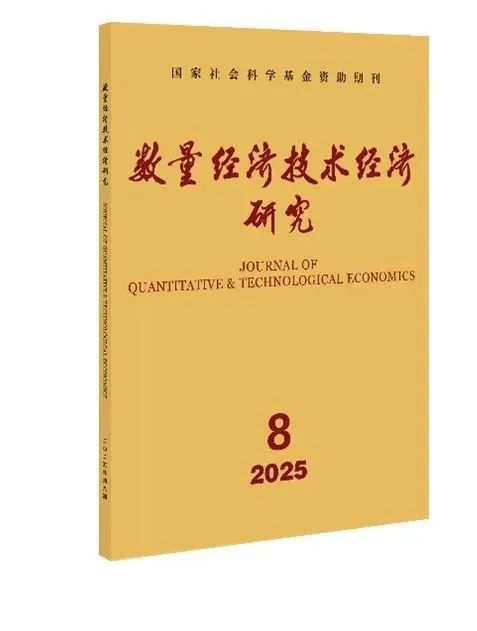
Abstract
The pattern of "administrative region economy" characterized by self-contained small cycles and closed small markets, coupled with the implementation of local government-led industrial policies, is currently the main obstacle to accelerating the construction of a unified national market. Addressing the question of "how to effectively promote the construction of a unified national market starting from the 'administrative region economy'" is of great significance. This paper points out that the construction approach of "administrative region economy - economic zone economy - unified national market" is feasible and superior compared to the approach of "administrative region economy - unified national market", as it can bring sufficient welfare benefits while effectively reducing construction costs. This paper constructs a quantitative structural model to examine the production subsidies that compensate for the externalities of economies of scale. It uses the optimal subsidy to study the effectiveness of industrial policies and analyzes their welfare effects on China's economic development under three different regional economic development patterns: "administrative region economy", "economic zone economy", and "unified national market". The research finds that both the "administrative region economy - economic zone economy" and "economic zone economy - unified national market" stages can significantly improve China's welfare level. The "economic zone economy" can alleviate the effects of allocation constraints and multi-lateral competition, providing more space for the scale economy effect to play out and bringing greater welfare improvements. Moreover, with the support of central transfer payments, it can promote regional common prosperity. The "unified national market" further alleviates the effects of allocation constraints and completely eliminates the multi-lateral competition effect, maximizing the welfare effect of subsidies.
Author Introduction
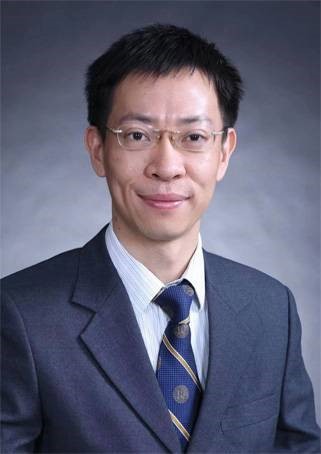
Yu Miaojie serves as the Deputy Secretary of the Party Committee and President of Liaoning University. He is a fellow of the United Nations International Economic Association, a specially-appointed professor of the Changjiang Scholars Program, a recipient of the National Science Fund for Distinguished Young Scholars, and a specially-appointed Bo Ya professor at Peking University.
He is a deputy to the 14th National People's Congress, a special supervisor of the National Supervisory Commission, the vice president of the Liaoning Provincial Discipline Inspection and Supervision Association, a member of the 14th Liaoning Provincial People's Congress Standing Committee, and the vice chair of the Liaoning Provincial Federation of Social Sciences. He also enjoys the special government allowance from the State Council.
His primary research areas are international trade and China's economic development. He has published over 200 papers in top-notch domestic and international academic journals, including the Economic Journal, Review of Economics & Statistics, Journal of International Economics, Journal of Development Economics, Economic Research, and Management World. He has also published 34 monographs, textbooks, and occasional commentaries in Chinese, English, and German.
He holds important editorial positions in academia. He is the associate editor of the Economic Journal (the first Asian to assume this role), an international top journal in economics, the associate editor of the Review of International Economics, a renowned international academic journal, the honorary editor of International Trade under the Ministry of Commerce, the editor-in-chief of the Journal of Liaoning University, the editor-in-chief of Japanese Studies, the executive editor of the Journal of Chang'an University, and serves on the editorial boards or as guest editors for over 20 well-known domestic and international academic journals, such as Basic Research of the National Natural Science Foundation of China.
He is among the top 1% of highly cited economists in the global business and management field. One of his solo-authored papers was recognized as one of the three most influential papers on China's economy in the Economic Journal since its establishment in 1891. He is the only Chinese scholar to have independently won the "British Royal Economic Society Prize" so far.
Professor Yu has received numerous awards, including the Ministry of Education's Outstanding Achievements in Philosophy and Social Sciences (three times), the Wu Yuzhang Humanities and Social Sciences Research Award, the Zhang Peigang Development Economics Award, the An Zijie International Trade Research Award (five times), the Liu Shibai Economics Award (two times), the Hu Sheng Youth Academic Research Award, the National Trade Development Research Award, the China Young Economist Award, the Liaoning Provincial Philosophy and Social Sciences Achievement Award, and the Beijing Municipal Outstanding Achievements in Philosophy and Social Sciences.
He has been included in the Stanford University list of the world's top 2% of scientists and Elsevier's "Annual List of Most Cited Chinese Researchers" multiple times. He is also the first batch of Youth Changjiang Scholars (2015), an outstanding young scientist in Beijing, a member of the Ministry of Commerce's Economic and Trade Policy Advisory Committee, a director of the "China-US Research Think Tank Alliance" of the Ministry of Finance, an honorary professor of Irkutsk State University in Russia, and a member of the International Advisory Council of the Russian Federal University of Finance and Economics.
He has been engaged as an expert advisor by the United Nations, the Asian Development Bank, the Ministry of Finance, the Ministry of Commerce, the State Council Counselors' Office, and several local governments. He was also specifically invited to the United Nations headquarters to deliver a report on China's economic development.
During the 120th anniversary celebration of Peking University, he was specially received by General Secretary*** middle-aged teachers. He participated in a symposium with the then premier as an outstanding representative of the 25th anniversary of the National Science Fund for Distinguished Young Scholars. In 2024, he visited the Federal Assembly of the Russian Federation as a member of the National People's Congress Youth Delegation. As a special supervisor of the National Supervisory Commission, he attended the Fourth Plenary Session of the 20th Central Commission for Discipline Inspection. He also represented Chinese high-level university presidents at the China-Italy University Presidents' Forum and the China-Belarus University Presidents' Forum.
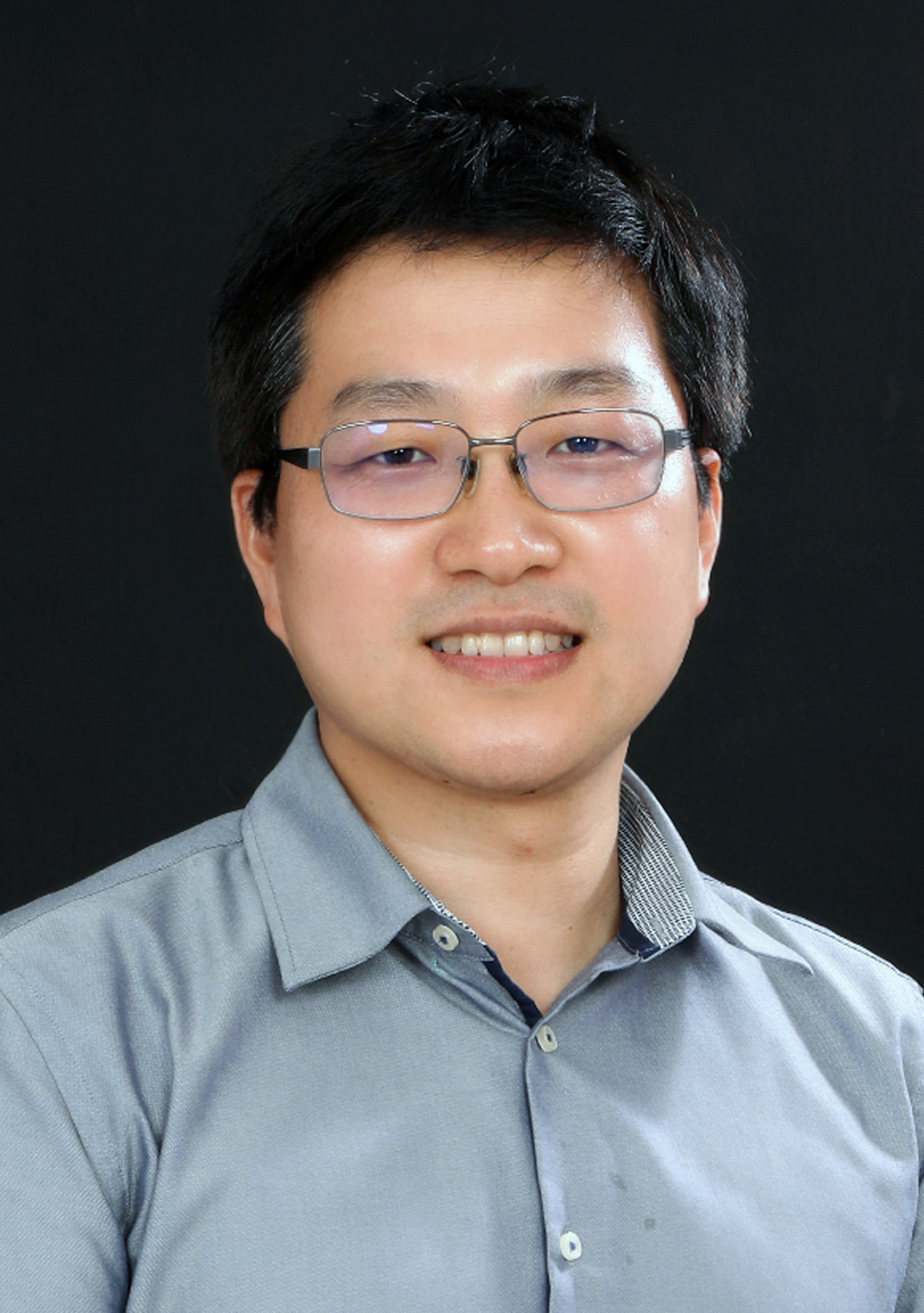
Wang Yong is the vice dean of the Institute of New Structural Economics at Peking University and a doctoral supervisor. He has previously worked at the Department of Economics of the Hong Kong University of Science and Technology and the World Bank. He holds a Ph.D. in Economics from the University of Chicago, a Master's degree from the National School of Development at Peking University, and a Bachelor's degree from the Department of World Economics at Fudan University. His main research interests include economic growth, industrial upgrading, macro development, the economies of China and India, and new structural economics. His papers have been published in international academic journals such as the Journal of Development Economics, Journal of Monetary Economics, and Research Policy, as well as domestic high-level journals such as Social Sciences in China, Management World, Economic Quarterly, and The Journal of World Economy. He is the co-editor of China and the World Economy (SSCI), the associate editor of Economic Modelling (SSCI), the associate editor of Latin American Journal of Central Banking, a member of the editorial board of VoxChina, and a guest editor for China Economic Review, China Agricultural Economic Review, Structural Change and Economic Dynamics, and Economic Quarterly. He serves as a consultant for institutions such as the World Bank, the Asian Development Bank, and the Federal Reserve Bank of the United States, is the secretary-general of the New Structural Economics Research Alliance, the vice president of the Development Economics Branch of the Chinese Society of Foreign Economic Studies, a distinguished professor at Harbin Institute of Technology (Shenzhen), and a visiting professor at Liaoning University. He has authored books such as Thoughts and Debates on New Structural Economics, What's New in New Structural Economics, Industrial Policy: Summary, Reflection and Prospect, Methods for Studying New Structural Economics, On the Development of China's Economy, Theoretical Origins and Classic Literature of New Structural Economics, High-Quality Regional Development and Industrial Upgrading from the Perspective of New Structural Economics, and Intellectual Property Strategy from the Perspective of New Structural Economics: Theory and Cases.
Won the First Prize of the Eighth Outstanding Scientific Research Achievement Award of the Ministry of Education in 2020, the First Zhang Peigang Development Economics Young Scholar Award in 2018, and the Franklin Teaching Award of the School of Business, The Hong Kong University of Science and Technology. Has presided over and undertaken major research projects of the Ministry of Education, key projects of the National Social Science Foundation, and multiple policy research projects for the Central Policy Research Office, the National Development and Reform Commission, the Ministry of Commerce, and the Publicity Department of the Communist Party of China Central Committee, and received instructions from the Party and state leaders.
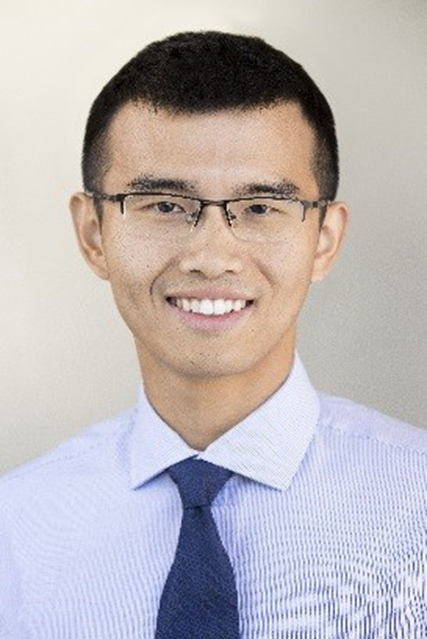
Xu Mingzhi is a Peking University Bo Ya Young Scholar, doctoral supervisor, researcher, and tenured associate professor. He was awarded the National Natural Science Foundation of China's Outstanding Young Scientist Program in 2023. He has published 25 SSCI/CSSCI papers in top domestic and international journals such as the American Economic Review, Review of Economics and Statistics, Economic Journal, Journal of International Economics, International Economic Review, Journal of Development Economics, China Industrial Economics, Journal of Financial Research, Journal of Quantitative & Technical Economics, and Economic Quarterly, covering fields such as international trade, development economics, and econometric methods. His research has attracted the attention of well-known media both at home and abroad, including The Wall Street Journal, CNN News 18, and Politico.
In terms of teaching, I have independently taught 19 courses, totaling 864 class hours, covering all stages of undergraduate, master's and doctoral education. I have systematically taught postgraduate courses such as "Advanced Econometrics II", "Quantitative Methods in International Economics", and "International Trade", as well as undergraduate courses like "New Structural Applied Econometrics", emphasizing the integration of theoretical depth and empirical methods. Among them, "Advanced Econometrics II" is a core course in the econometric system of the college, and "New Structural Applied Econometrics" is an important teaching innovation that connects theory with practice at the undergraduate level. I have supervised the graduation of 5 postgraduate students and am currently supervising 10. Many of my students have taken up positions in universities, government agencies, and research institutions. As the class teacher of the 2021 undergraduate class of the New Structural Experiment Class, I attach great importance to the early cultivation of undergraduate students' research abilities. Five of my students have successfully been recommended for postgraduate studies at top universities such as Peking University and Fudan University, demonstrating good results in talent cultivation.
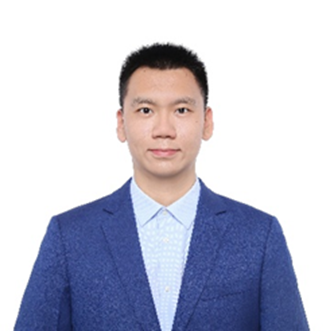
Yang Boye, a doctoral student at the Institute of New Structural Economics, Peking University.
Cite this article: Yu Miaojie, Yang Boye, Xu Mingzhi, et al. From Administrative Region Economy to Economic Zone Economy and to the National Unified Market: An Analysis of Quantitative Optimal Subsidy Policies Based on Structural Models [J/OL]. Journal of Quantitative & Technical Economics, 1-21 [2025-08-02]. https://doi.org/10.13653/j.cnki.jqte.20250722.003.
